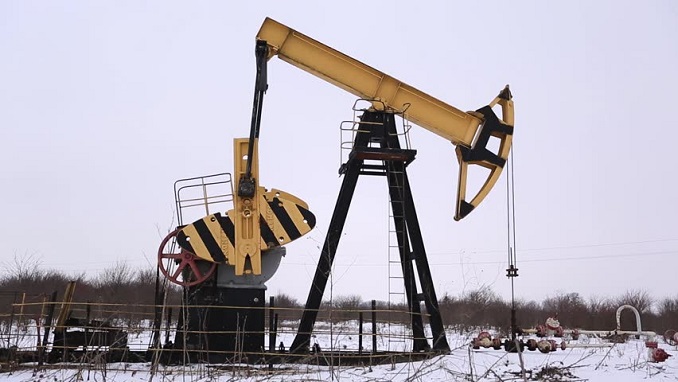The Russian government may support the Energy Ministry’s request to impose a temporary restriction on petrol exports in the coming days, according to Yevgeny Arkusha, President of the Russian Fuel Union. Energy Minister Nikolay Shulginov said last week that his ministry has presented this idea to the cabinet. The prohibition may be in effect for at least three months.
The ministry stated that because a legal foundation for the prohibition has already been drafted, a decision on adopting this policy may be made quickly. Arkusha emphasized that the situation on the fuel market demanded immediate action due to rising wholesale and retail gasoline prices. He said that the market disruption is caused by a shortage of supply.
According to the government, a temporary embargo on petrol supply from other countries might help to stabilize prices. However, Alexander Frolov, Deputy Director of the National Energy Institute, believes that the export restriction will have little impact on the market.
“We barely export 10% of our gasoline. Furthermore, if the export restriction is implemented, it would not target the nations of the Eurasian Economic Union, which are a key destination for Russia’s petroleum supply.”
The expert described the present issues as a result of a fresh surge in demand caused by Russian vacationers, who now choose to go by vehicle because borders remain blocked.
Pavel Bazhenov, President of the Independent Fuel Union, agrees.
“This pertains not only to how the product is disseminated between the local and overseas markets, but also to how it is dispersed inside Russia. The exchange, where the wholesale price is set, is a critical component of pricing. However, the volume passing via this exchange is now tiny, and the supply is limited,” he said.
According to Dmitry Alexandrov, head of Univer Capital’s analytic research department, a more effective solution to the fuel problem may be building a state reserve during periods of decreased demand or promoting an expansion in oil processing capacity.












